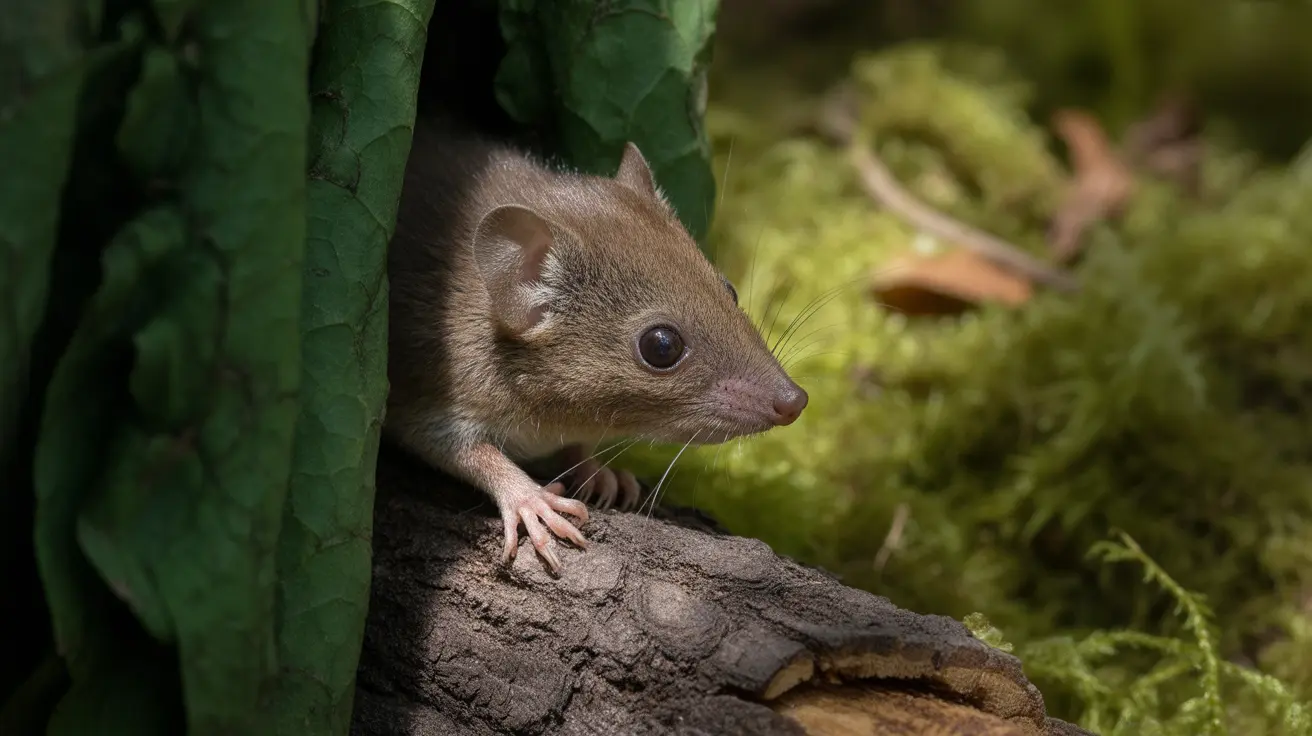Why You Shouldn't Touch Newborn Kittens
Newborn kittens are delicate and vulnerable during their first days and weeks of life. As much as we might be tempted to hold or cuddle them, doing so too soon can lead to negative consequences. Understanding why it's important to give both kittens and their mother space during this sensitive period is crucial for the well-being of the entire feline family.
The First Weeks Are Critical for Development
During the first few weeks, kittens are still developing their immune systems and remain entirely dependent on their mother. Disturbing them or the environment during this time can compromise their development.
- Immature immune system: Kittens are more susceptible to infections.
- Dependency on the mother: They rely on her not only for food but also for hygiene and warmth.
- Sensitivity to human scent: Handling can result in the transfer of foreign scents that may confuse or distress the mother.
Maternal Stress Can Result in Rejection
One of the most important reasons not to touch newborn kittens is the potential for maternal stress. An anxious mother cat may:
- Move her kittens to a new location, making them harder to monitor or care for.
- Neglect or reject the litter entirely.
- Become aggressive, which is particularly dangerous around vulnerable kittens.
Stress is particularly harmful in the early postpartum period. Even a slight change in environment or interaction by humans can disrupt the bond between mother and kittens.
When is it Safe to Handle Newborn Kittens?
Typically, you should wait at least
two weeks before handling newborn kittens. Even then, observe the mother’s behavior closely:
- If she remains calm and doesn’t act defensively, gentle handling may be okay.
- If the mother appears agitated or stressed, give her and the kittens more time and space.
By three to four weeks, kittens begin socialization and the mother naturally becomes less protective, making it a better time to start interacting with them.
What to Do if You Must Handle a Newborn Kitten
In rare cases, intervention is necessary — for example, if a kitten has been abandoned or is in apparent distress. In these cases:
- Wash your hands before and after touching the kitten to avoid spreading germs.
- Keep handling to an absolute minimum.
- Return the kitten to the mother as quickly as possible.
- Ensure the area is quiet and free from stress-inducing stimuli.
How to Support the Mother Without Interference
Instead of handling the kittens, focus on helping the mother:
- Provide a quiet, warm, and safe nesting area.
- Ensure she has access to nutritious food and clean water.
- Limit foot traffic and maintain a calm household atmosphere.
Signs That a Kitten Needs Help
While it's best not to intervene, there are exceptions. Seek veterinary assistance if you notice:
- A kitten that is cold, weak, or not nursing.
- Visible wounds or signs of injury.
- The mother abandoning one or more kittens.
Conclusion: Respecting Nature’s Course
Resisting the urge to touch newborn kittens may be difficult, but it’s often in the best interest of their health and development. The mother cat instinctually knows how to care for her young. By giving her privacy and minimizing interference, you're ensuring the best chance at healthy growth for the kittens.
Let nature do its work — observe from a respectful distance, and only step in when absolutely necessary. By being patient, you'll have a better chance to bond with the kittens when the time is right.





